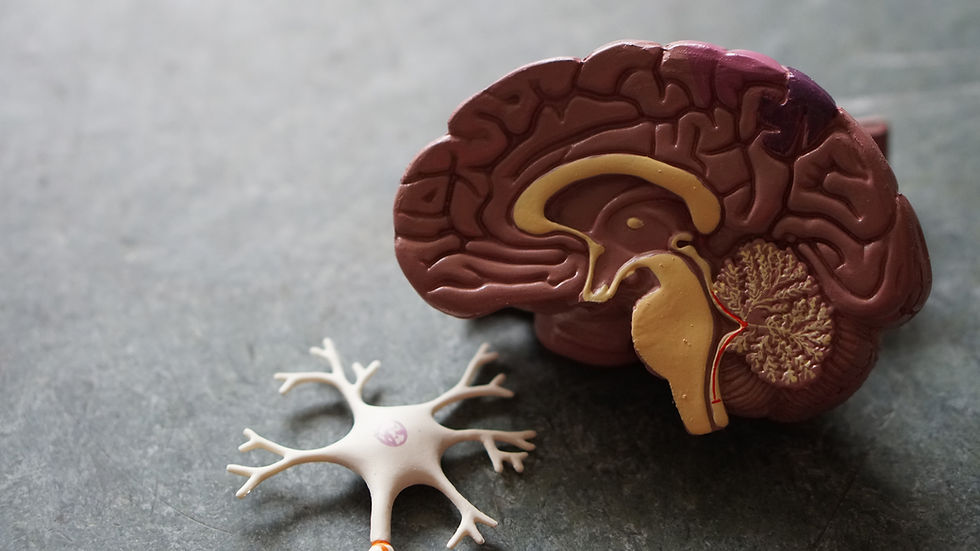Understanding Anger
- Darren Parker
- Jun 29, 2022
- 2 min read

Anger is the first emotion I am going to talk about in my "befriending your emotions" series. Because it has such a bad reputation in how it makes people act, a lot of people have a pretty bad relationship with it and often ignore it until we can't anymore. For our purposes here we want to think of anger the emotion. That means the part of anger that we feel intensely in our bodies vs the actions or thoughts that are closely connected to anger.

Our emotions are our body's messaging system (primarily localized in the limbic region of the brain). It can be referred to anger as our inner "advocate". It believes in fairness and standing up for what it believes in. Its intent is to protect you and the ones you love from harm.

We often minimize small amounts of anger "it's not a big deal" which can be fine unless it is happening consistently. We start to really notice anger as it builds and if we continue to say "it's not a big deal" eventually we feel too much anger to think rationally and often act in ways that make us feel guilty or humiliated. Listening to our emotions earlier on help us act in ways that won't hurt us or the people we care about.

Because anger is seen as something bad (often because it makes us act in ways that are deemed bad or shameful) we often try to push it away. This means that we often don't work on the relevant problem solving or acceptance skills that can help us resolve our anger. Unfortunately this means we deal with our own anger in a similar way (whatever has been modelled for us), or we cut ourselves off from it and never stand up for ourselves and our needs (this can be temporarily adaptive for some people when surviving a large power imbalance).

What does anger look like in your life? Sometimes some small changes can make big differences. Other times it can be part of a complex cycle including guilt, shame, anxiety, sadness, or hopelessness. It can be something important to talk about, but is often difficult to discuss with others because of how it is judged. If anger is something you have been fighting with, talking to a therapist might be just what you need. It is a change to safely explore it without judgement.



Comments